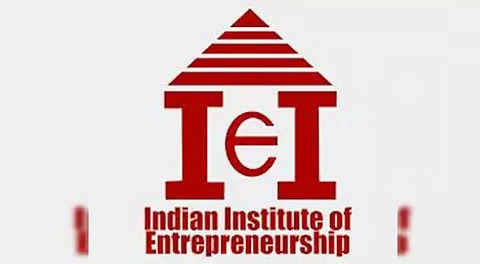 Image Source: Goodreturns
Image Source: Goodreturns
In a move set to energize India’s automotive market ahead of the festive season, Renault India has announced sweeping price cuts across its popular vehicle lineup, passing on the full benefit of the newly implemented GST 2.0 reforms. Effective September 22, 2025, coinciding with the first day of Navratri, the revised pricing will make Renault’s cars significantly more affordable, with reductions reaching up to ₹96,395.
Key highlights
- Renault’s price cuts apply to the Kwid, Triber, and Kiger models
- The new prices reflect the GST Council’s decision to simplify tax slabs to 5 percent and 18 percent
- Customers can begin booking vehicles at the revised prices immediately, though deliveries will begin from September 22
- The announcement follows similar moves by Tata Motors, signaling a broader industry shift
GST 2.0: What Changed
The GST Council’s recent overhaul of the automobile tax structure has led to a major reduction in levies for small and mid-sized vehicles. Previously taxed at 28 percent plus compensation cess, vehicles now fall under two simplified slabs:
- 18 percent GST for petrol, LPG, and CNG cars under 1,200 cc and 4,000 mm length, and diesel cars under 1,500 cc and 4,000 mm length
- 40 percent GST for larger vehicles and motorcycles above 350 cc
- Electric vehicles and hydrogen fuel cell vehicles continue to attract just 5 percent GST
This reform eliminates the compensation cess, which previously pushed total tax rates as high as 50 percent for certain models, making cars in India disproportionately expensive compared to global markets.
Renault’s Revised Pricing Strategy
Renault India has responded swiftly to the GST 2.0 announcement, unveiling new ex-showroom prices that reflect the reduced tax burden. The cuts vary by model and variant, offering substantial savings to buyers.
1. Kwid
- Price reduction: Up to ₹55,095
- New starting price: ₹4.29 lakh
- Top-end Climber AMT DT now priced at ₹5.90 lakh
2. Triber
- Price reduction: Up to ₹80,195
- New starting price: ₹5.76 lakh
- Emotion AMT DT variant now priced at ₹8.59 lakh
3. Kiger
- Price reduction: Up to ₹96,395
- New starting price: ₹5.76 lakh
- Top-spec Emotion DT CVT 1L T now priced at ₹10.33 lakh
These reductions not only enhance affordability but also strengthen the value proposition of Renault’s refreshed lineup, which has been tailored to appeal to younger, tech-savvy consumers.
Strategic Timing and Market Impact
The timing of Renault’s announcement is no coincidence. By aligning the price cuts with Navratri, one of India’s most auspicious periods for purchases, the brand is positioning itself to capture heightened consumer sentiment and demand. Dealerships across the country are already accepting bookings at the new prices, anticipating a surge in footfall.
Renault India’s Managing Director, Venkatram Mamillapalle, emphasized the brand’s commitment to delivering value and accessibility to Indian households. He noted that the GST 2.0 benefit would not only make Renault cars more attainable but also stimulate momentum during the festive season.
Industry Ripple Effect
Renault’s move follows Tata Motors’ announcement of price cuts ranging from ₹65,000 to ₹1.45 lakh across its passenger vehicle range. With two major automakers embracing the GST 2.0 framework, other manufacturers are expected to follow suit, potentially reshaping the pricing landscape of India’s auto sector.
Conclusion
Renault’s proactive pricing revision under GST 2.0 marks a pivotal moment for the Indian automobile industry. As the festive season approaches, consumers stand to benefit from more accessible vehicles, streamlined taxation, and renewed market competition. For Renault, this initiative could translate into robust sales growth and deeper market penetration.
Sources: PTI, Rediff, RushLane, Moneycontrol, Mathrubhumi, The Hindu BusinessLine, Economic Times
Advertisement
Advertisement



